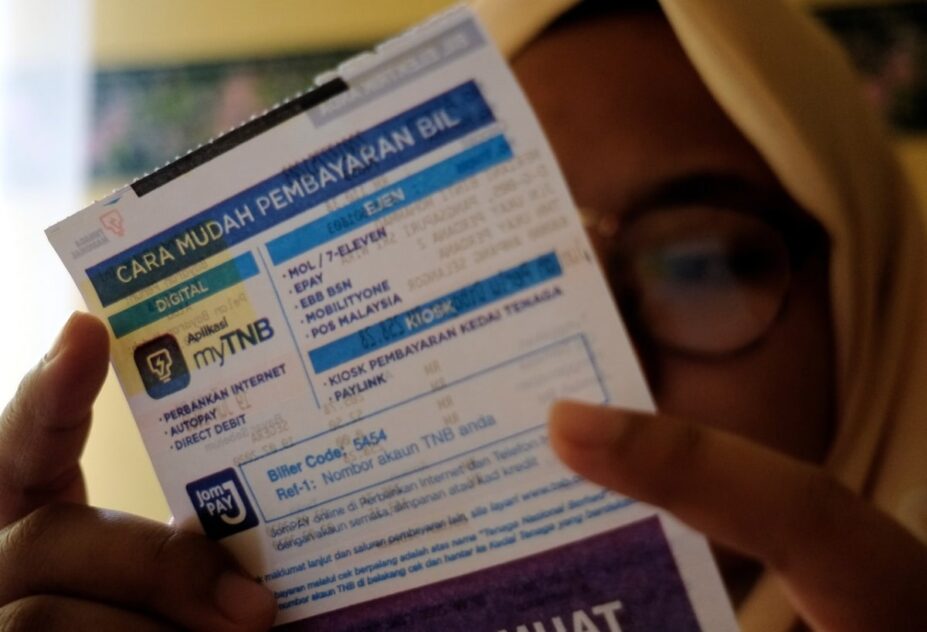By Kennie Ang Joo Koon and Datuk Chang Kim Loong
WHAT is Collateral warranty?
A collateral warranty is a contract that supplements a primary contract, which extends the benefit of the warranty given by a party under the primary contract (known as warrantor) to a third party who is not a party to the primary contract (known as beneficiary). Such a contract gives direct contractual relationship between the warrantor and the beneficiary which will otherwise not exist.
Typical contractual relationship in construction
Property development is an intricate work involving multiple stakeholders – from the developer to the main contractor, and from the main contractor to various subcontractors. At the other end of the chain, there are purchasers who purchase the property from the developer. As it goes along, the same property may be sold to subsequent purchasers in the secondary market.
In a typical scenario, a developer, who is known as employer in the construction field, engages a main contractor by way of a building contract to construct the building as a whole. The main contractor then awards different types of work to various subcontractors by way of letters of award or letters of appointment. Meanwhile, the developer enters into Sale and Purchase Agreements (S&P) with purchasers.
Such contractual relationships in a property development are mutually exclusive. The developer is contracted to the main contractor, while the main contractor is contracted to the sub-contractors. On the other hand, the developer is contracted to the purchasers of the property. These contracts do not overlap or override one another.
Specialist works
Specialist contractors are sub-contractors engaged for their expertise and specialty in select areas of construction such as:
- Water proofing work
- Proprietary roof truss system
- Paint work
- Aluminium works such as door, window and louvre
- Mechanical & electrical works such as fire-fighting system, auto-gates, lifts and escalators
- Termite treatment
These specialist works normally come with extended warranty, with some ranging up to 10 years. However, unless otherwise provided for, the extended warranty is only given to the party who engages them, ie the main contractor. In some cases, it may be required to be extended to the developer. Nonetheless, it typically does not extend to the purchasers of property.
Purchasers are the third party
Development of residential property in Malaysia is governed by the housing development laws – the Housing Development Act (Control and Licensing) Act 1966 and the rules enacted thereunder.
In a S&P for residential property provided under the housing development laws, a developer must provide protection to purchasers for defects liability for a period of two years from the delivery of vacant possession. This is known as defects liability period (DLP).
Once the DLP lapses, the purchasers, as end-users, will be without cover should further defects appear. This is despite the fact that warranty from the contractors may continue to run beyond the two-year defects liability period undertaken by the developer.
The doctrine of privity of contract only extends contractual rights to the parties to a contract. As purchasers are not contracted to the main contractor or sub-contractors, they do not enjoy the benefit of any warranty given under these contracts.
Purchasers are regarded in law as third party to these contracts (or warranty). As third party, they generally cannot enforce the warranty given under these contracts.

Collateral warranty – extending protection to purchasers?
The essential question is this – if specialist works do in fact come with warranty for extended period, why is the warranty not extended to the purchasers, as end-users?
After all, purchasers are the ones affected by defects that may only surface after the expiry of the DLP covered by the developer.
Unlike other jurisdiction such as the UK, third party rights are not given legislative protection in Malaysia. This makes an appealing case for parties to seek additional rights through other means. One option is collateral warranty.
A properly drafted collateral warranty will extend contractual rights to the purchasers to claim warranty on the work within the given warranty period. In cases where the warranty period is longer than two years, it will naturally extend protection to the purchasers beyond the DLP of two years.
The notion of collateral warranty is especially pertinent in specialist works for the following reasons:
- Repair or remedial work on specialist works require expertise and are generally more costly
- Specialist works would have come with extended warranty in the first place
- Exposure of specialist contractors may be covered by insurance or professional indemnity insurance
While a developer may require specialist contractors to extend the warranty to them, it must be borne in mind that the developer’s liability to purchasers is limited to a period of two years.
Beyond this period, purchasers are at best only able to request the developer (on goodwill basis) to claim on the warranty from the specialist contractors – that is provided that the existence of extended warranty is disclosed to the purchasers.
Since a developer is not legally bound to make good the defects after DLP, the purchasers may end up losing out on the benefit of the extended warranty. A collateral warranty may be a solution to this issue.
Assignment of manufacturer’s warranties clause
The Housing and Local Government Minister has often advocated in the media that she will be passing new laws for the protection of house buyers. Then why not we have a new clause in the statutory S&P to allow purchasers to “inherit” the warranties of the manufacturer’s, contractors’ and suppliers’ warranties given to the housing developers? The warranties should cover any of the materials, equipment and appliances installed by the developers or their agents.
Notwithstanding the proposed assignment of warranties to purchasers, the housing developers must remain entirely responsible for the performance of its obligations to the purchasers during the DLP.
Pride of a responsible housing developer
Currently, some purchasers even told us of the “extras” they have received at delivery time, which surely endear them to their developers. These are some of the “welcome packs” that they have received: useful gifts like a key box; warranties from paint companies, auto-gates, pest control, electrical appliances; certificates of treatment for termites/pest control; a certified copy of the CCC (Certificate of Completion and Compliance) issued by the architect and certified copy of the building plans and plans that relate to electrical wiring and water piping so as to facilitate future renovation.
There are responsible developers, in our midst, whose names are synonymous with quality and trust. They are able to win over purchaser’s confidence. Today, they have created their own brand names. No wonder some developers do not advertise, yet all their units are sold out even before the official launch. – April 4, 2021
This article is jointly written by Kennie Ang Joo Koon, one of National House Buyers Association’s (HBA) volunteer lawyer and Datuk Chang Kim Loong, the honorary secretary general of the non-governmental organisation.
The views expressed are solely of the author and do not necessarily reflect those of Focus Malaysia.









